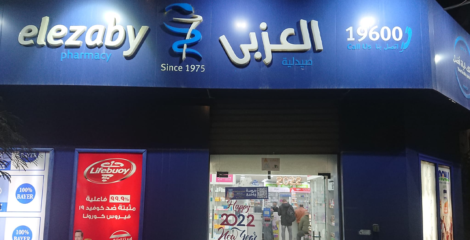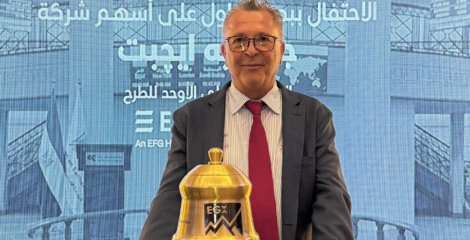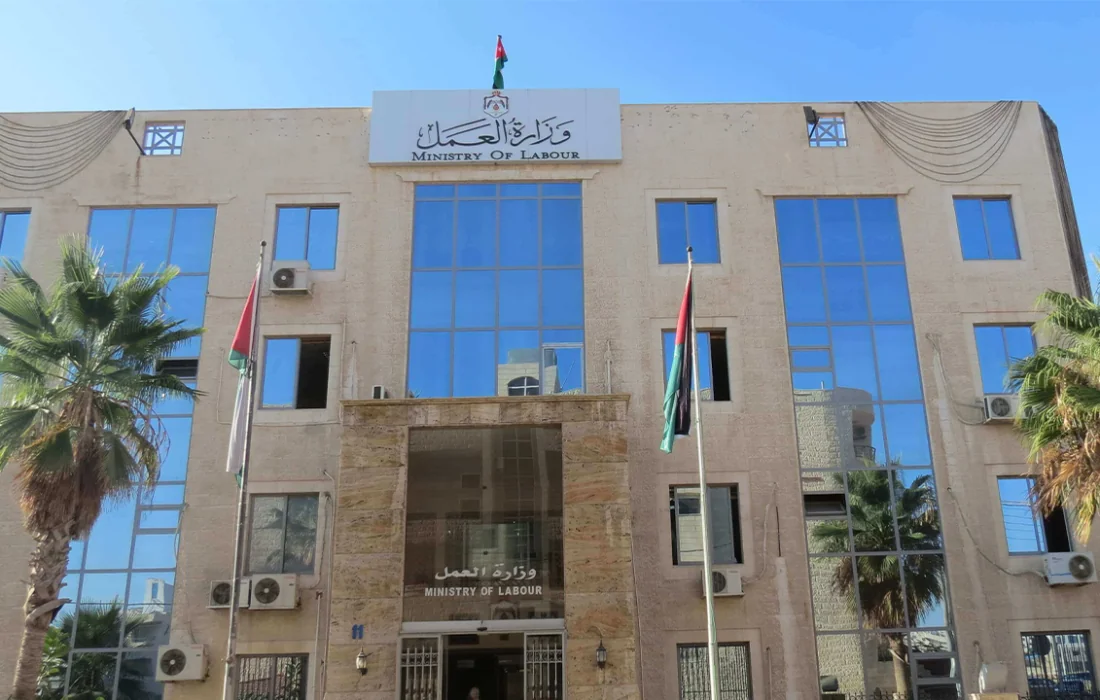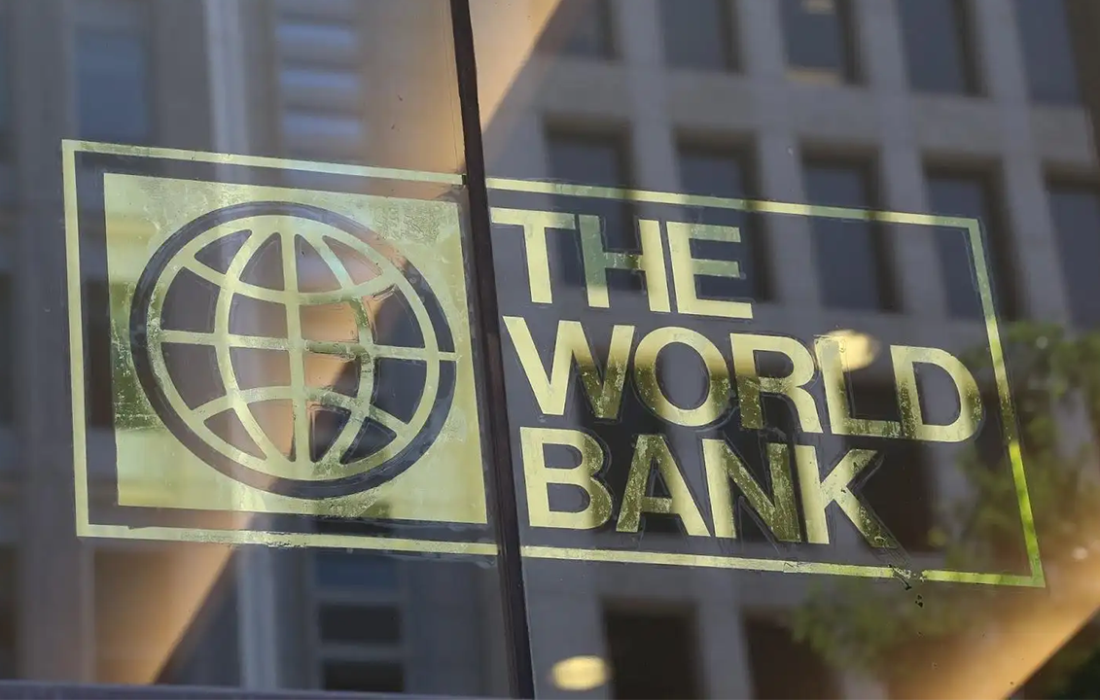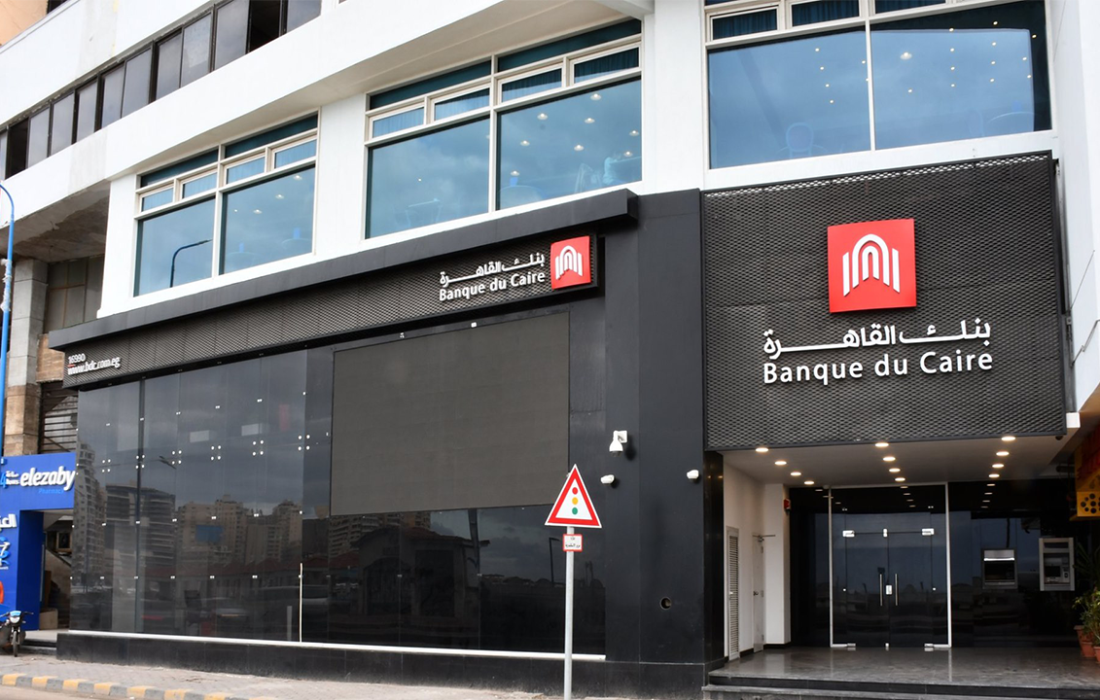- The Arab Fund’s Badir Fund invests in Shorooq’s Nahda Fund II to expand SME credit access across the Arab world.
- This partnership targets flexible financing solutions, helping startups overcome traditional bank lending barriers.
- Fintech and tech firms like Abhi benefit, promoting innovation and financial inclusion in the region.
The Arab Fund
What is happening? The Arab Fund for Economic and Social Development is ramping up its support for SMEs in the Arab world. Through its SME financing arm, Badir Fund, it has invested in Shorooq’s Nahda Fund II. This fund, regulated by the FSRA ADGM, offers debt financing designed to help technology companies scale.
The partnership aims to solve a pressing problem: many SMEs struggle to access traditional bank loans due to strict requirements. Shorooq’s Nahda Fund II provides tailored credit solutions, offering the flexibility startups need to grow. Moreover, together they aim to tackle this by providing tailored credit solutions that meet the unique needs of SMEs.
Nathan Kwon, Partner and Credit Head at Shorooq, commented on the partnership: “By combining our expertise in structured financing with the Badir Fund’s commitment to economic development, we can provide SMEs with the necessary resources to thrive.”
SMEs
Who are they? Badir Fund, a special account managed by the Arab Fund, has a strong track record financing small businesses across the region. Since 2009, it has provided USD 1.5 billion in loans and USD 3.5 million in grants to foster private-sector growth and job creation.
Shorooq, a multi-dimensional investment firm, portfolio companies aim to reflect the potential of structured financing. For example, fintech startup Abhi secured USD 15 million to expand its earned wage access services, helping employees and small businesses with financial inclusion. Similarly, The Box, a self-storage firm, raised USD 12.5 million to enhance its operations.
Dr. Essam AlQuorashy, Secretary General for Badir Fund “This investment from Arab Fund will unlock vital growth opportunities for small businesses, promote their growth and foster financial inclusion of underserved segments across the Arab region.”
Bottom line: By targeting the region’s SME credit gap, the partnership aims to address a key market need and could improve financing access for startups.
If you see something out of place or would like to contribute to this story, check out our Ethics and Policy section.


